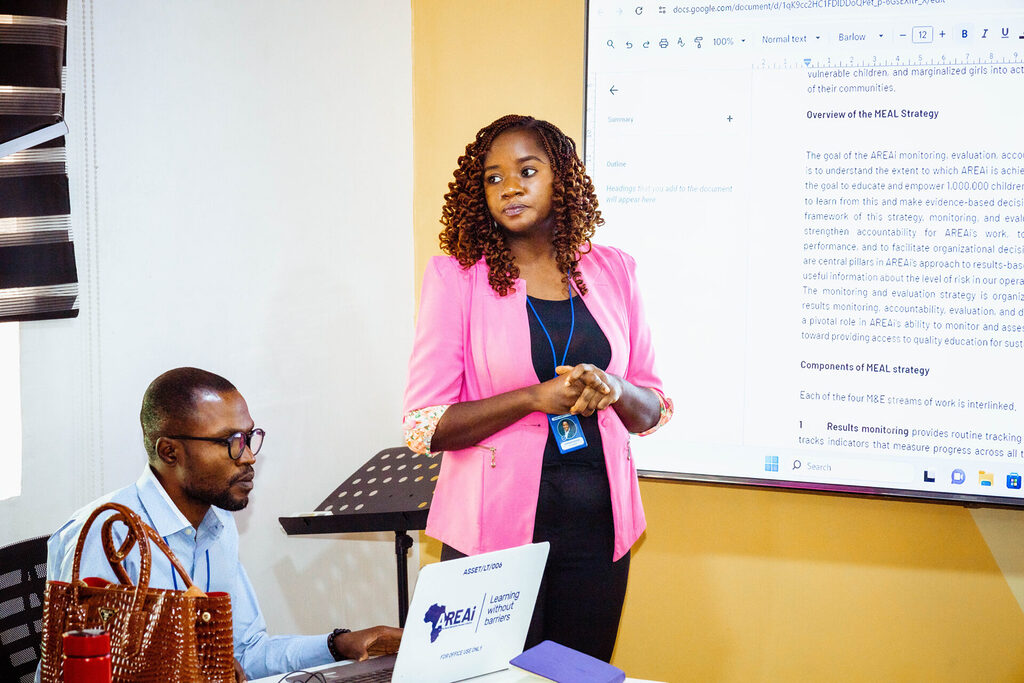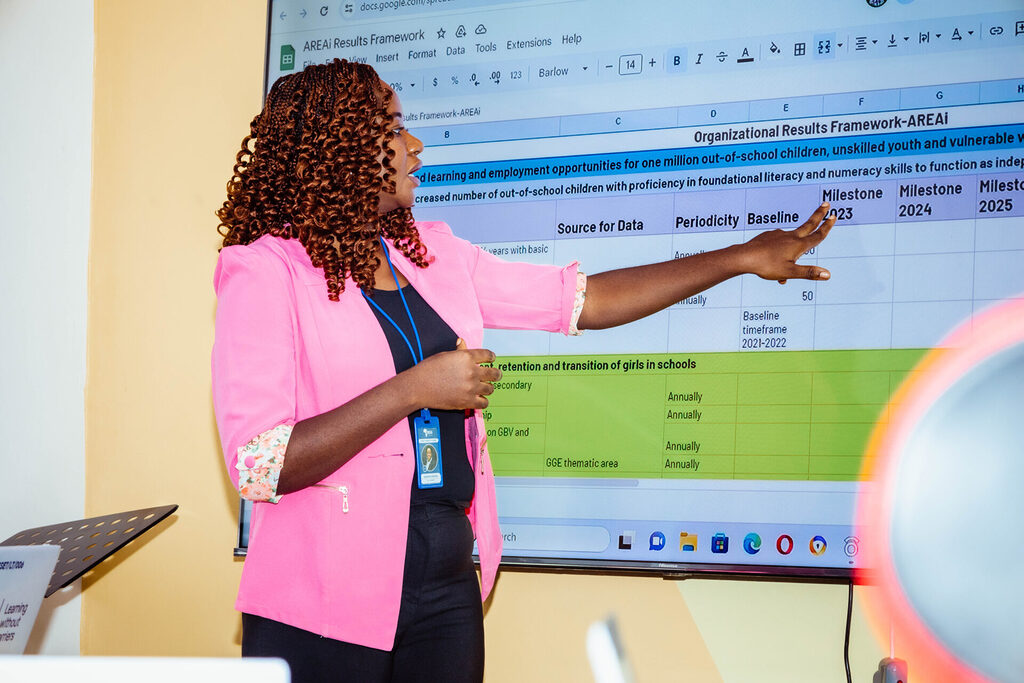
Towards Effective Institutionalization of Monitoring and Evaluation for Sustainable Social Impact
Creating sustainable solutions to address social problems no doubt requires a multifaceted approach, with high social impact programs aiming to transform systems and societies to improve people’s lives.
A critical element in these endeavours is not just the generation of ideas but ensuring the implemented solutions achieve the intended impact. This necessitates a focus on the institutionalization of Monitoring and Evaluation (M&E) processes.
While participatory design has been championed for its inclusivity, collaboration, and empowerment, it is imperative to question the feasibility of co-created solutions without a robust framework for process monitoring and evaluation.
Historically, informal M&E practices have existed for centuries, but it wasn’t until the 1960s that they became formalized components of project management.
Since then, M&E has significantly evolved, proving indispensable for enhancing the planning, implementation, and effectiveness of social initiatives. By serving as a critical management function that tracks progress, identifies implementation bottlenecks, and uncovers unintended project outcomes, M&E embodies the essence of Results-Based Management (RBM). RBM provides a strategic and accountable framework for planning and management within a decentralized setting, emphasizing learning and accountability.

The challenges of failing to institutionalize and adequately plan for M&E are many, impacting outcomes, sustainability, and evidence-based decision-making. Practitioners have identified several hurdles in this regard:
Time and Resources
According to the State of Evaluation report by the Innovation Network, the majority of non-profit organizations cite limited staff time (79%) and insufficient financial resources (52%) as barriers to M&E activities. With most organizations facing financial constraints, it can be easy for monitoring and evaluation to move down the priority list as other activities are dealt with instead. However, effective M&E, in the long run, has proven to be a resource to alleviate some of these major issues for social impact organizations, especially nonprofits, as being able to demonstrate that evidence and impact has supported sporadically in fundraising activities, giving organizations greater access to funding to continue driving change.
Organizational Culture and Attitudes
A culture that supports M&E processes is crucial to institutionalizing M&E. It ensures a team is committed to learning, adaptation, and growth, without which, M&E becomes a daunting task. M&E can cultivate a positive environment by framing mistakes as learning opportunities, thereby encouraging development without the fear of repercussions.
Lack of Focus
One thing that has been evident over the years is the need to focus attention on collecting the data that is needed to gain valuable insights. There is a wealth of data and information that can be generated from projects/programmes and their results, and sometimes it becomes challenging to concentrate on what is important in measuring change at a particular time. It is, therefore, recommended to plan adequately, focus attention on appropriate indicators of change, and evolve as the project/program unfolds for improvement and evidence-based decision-making.
Technical Expertise
Without the necessary technical expertise, institutionalizing M&E can be exceedingly difficult. Investing in trained professionals and ongoing professional development is key to keeping up with the field’s evolution. Additionally, a structure that encourages idea sharing and provides mentorship can foster a vibrant M&E workforce dedicated to the successful implementation of M&E systems for maximum impact.
Institutionalizing M&E therefore goes beyond just embedding M&E culture within organizational policies but prioritizing its implementation. This is crucial for sustaining effective results management and enhanced decision-making. This strategic approach to M&E ensures not only the achievement of desired social impacts but also the long-term viability of social initiatives.
Written By: Sewuese Bertha Agbendeh.
Director of Monitoring, Evaluation, Accountability and Learning (M.E.A.L), AREAi.